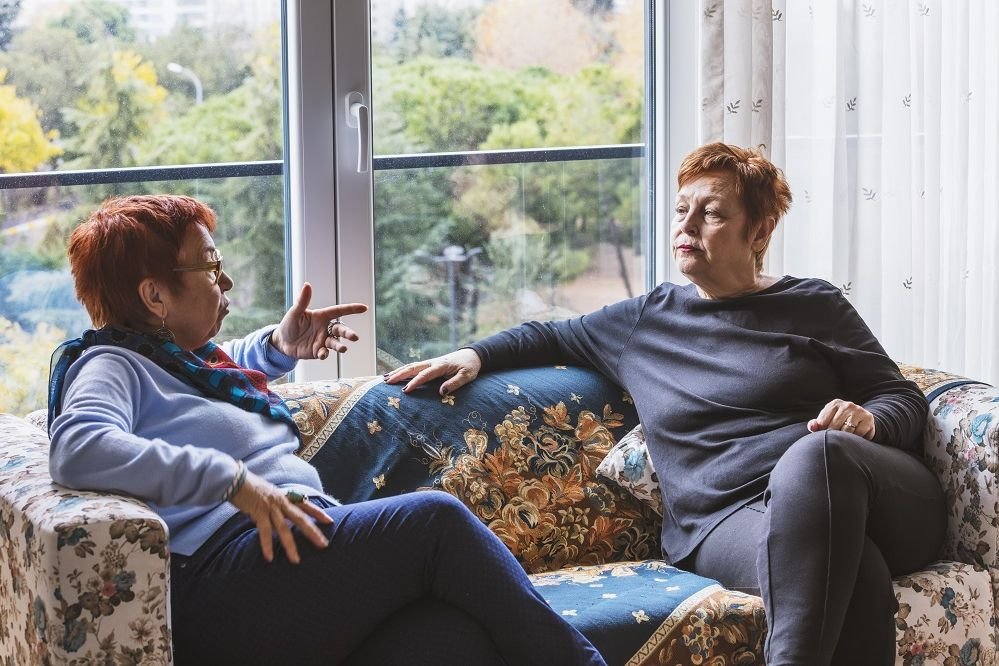You told us, and we listened
National Seniors recently invited members to suggest topics for future National Seniors Social Surveys. Here is what you said.

The National Seniors research team recently invited members and supporters to suggest topics we might include in our future National Seniors Social Surveys (NSSS).
We also asked why some members do not participate in the annual NSSS.
Thank you to those who responded – we very much value your time and input.
Here is what you told us and how we will use that information.
If you would like to find out more about the NSSS, we have written a companion piece on the National Seniors website because some of you said more information about it would be valuable.
Our first question invited ideas for survey topics, and 268 people responded. Popular topics included:
- Ageism and strategies for addressing ageism.
- Abuse, bullying, coercive control, and safety – impacts and solutions.
- Cost of living issues and financial security, including Centrelink rule impacts on couples vs singles.
- Disability and older people’s relationship with NDIS.
- Health care system costs and shortages.
- Rental accommodation, housing affordability and homelessness.
- Experiences with retirement villages and other aspects of retirement housing.
- Informal carers’ experiences and satisfaction with home care packages when relieving care needs.
- Loneliness, social isolation and staying connected.
- Transport affordability, accessibility, and safety - both public transport and driving.
- Use of alternative medicines and non-pharmaceutical approaches to health.
All these will be considered when we design NSSS questions in the future. We were already considering some for the next NSSS, so your suggestions affirm our thinking.
Some members suggested topics we have recently included in the NSSS that could be expanded in future research:
- Accessing Centrelink and MyGov. In 2018 we published a report on this (The Centrelink Experience), but things have likely changed since, warranting further research.
- Engagement with digital technologies. This year we published a report on this topic building on 2019 research (Older Australians’ Digital Engagement in Turbulent Times and Senior Surfers). However, subtopics we could focus on in future are IT training and scams.
- Work and job seeking. This year we published a report on this (Older Australians’ Perspectives on Working After Retirement), but its focus was returning to work post-retirement, so there is room to research younger seniors’ experiences.
- The culture and inclusiveness of aged care facilities. For example, regarding younger boomers and LGBTI+ people. This year we published a report on aged care ideals (Older Australians’ Hopes and Fears for Aged Care) and last year on LGBT people (Listening to LGBT Seniors), but there is scope to research what new generations of diverse seniors want from residential care.
- Self-funded retirees’ experiences with superannuation phases and options. We address aspects of retirement income each year, e.g. this year in our report about savings and superannuation plans (The Evolution of Retirement Income), but these suggestions give us more ideas.
- Barriers to downsizing. We asked questions about downsizing in the 2022 NSSS to inform National Seniors advocacy activities, and these new suggestions could enhance future efforts.
- Access to Voluntary Assisted Dying irrespective of whether a person has a terminal illness. The suggestion was made to expand our 2021 report on this topic (The Quality of Death) given proposed territory rights will likely lead to new laws about VAD in the ACT and NT.
Several people suggested other topics we will take on board, including seniors’ leisure activities, attitudes to religion, views on political issues, relationship satisfaction, alternatives to retirement, financial knowledge, relationships with adult children, and societal pressure to appear affluent.
Some respondents suggested we target those over 75, seniors still working, culturally and linguistically diverse seniors, and returned ex-pats. We appreciate the suggestions because part of our rationale for this mini-survey was to continually improve our responsiveness to the diversity of older Australians. We will consider how we can better translate these needs into survey questions.
Finally, some topic suggestions were more appropriate for our advocacy, communications, or member services teams, so we have forwarded them on for action.
Our second question acknowledged there are many reasons members may not participate in the NSSS. We invited you to share your reasons.
Of the 241 people who responded, 145 (60%) said nothing prevented them from participating.
Ninety-six people gave one or more reasons for not participating. The primary reasons were feeling their answers will not make any difference (17%) and being concerned about privacy or confidentiality (11%). Here is a graph of the main reasons people gave:
Other reasons for not participating included finding questions repetitive, clarity on the survey purpose, worrying about receiving marketing spam later, having difficulties with technology, and having physical disabilities prohibiting participation.
In our overview of the NSSS, we address some of your concerns, such as whether NSSS responses make any difference, questions of privacy and security, and how we use your data. Your responses do have an impact on policy and society, your participation is anonymous, your data are secure, and we are prohibited from using the data for any other purpose than research.
Regarding online communications, we offer a paper version of the NSSS, but in 2022 none of the paper surveys we distributed to members were returned, and in 2021 only a handful were.
We also take on board your feedback about survey length, and in future will be clearer about the amount of time it will likely take.
Participants can skip any NSSS question they do not want to answer, can navigate ahead to the sections of interest and relevance, and can stop at any time. So, lack of time need not be an obstacle if you have something to say.
Thanks so much to all for your valuable feedback and ideas. National Seniors is nothing without its members, and we appreciate the time members give to support our organisation’s research.








